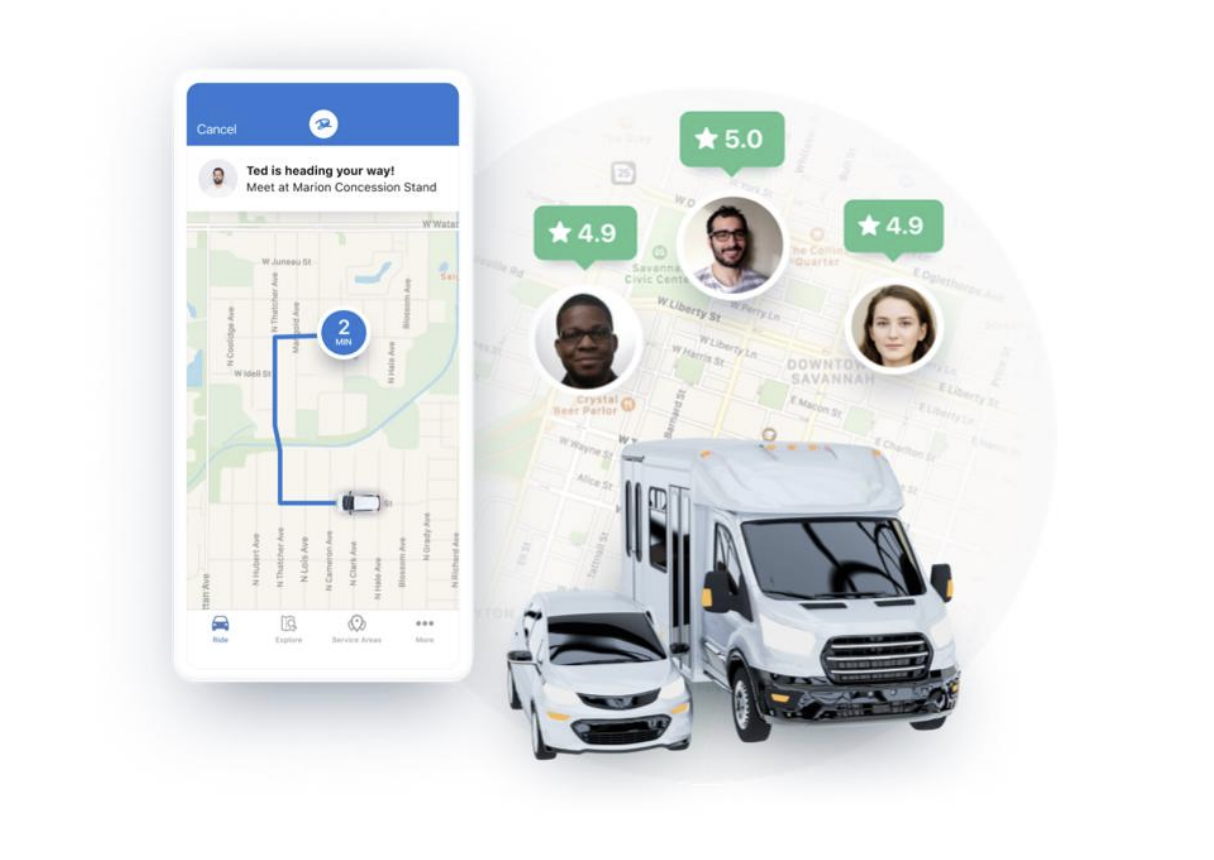Some information may be outdated.
Public transit is coming to Moab next year, as the city approved a ‘micro-transit’ provider to offer an on-call van with service throughout Moab and Spanish Valley, and a seasonal fixed route service to run down Highway 191 from River Road (State Route 128) to Mill Creek Drive.
The Moab Area Transit project has been in the works since 2017, when the city was awarded funding from the Utah Transportation Commission’s Recreation Hotspot program. The money is being dispersed through the Utah Department of Transportation.
“We’re trying to provide the highest level of service we could with the money that’s allotted,” said City Engineer Chuck Williams.
Over the summer, the city collected vendor bids to run the project—city staff since then narrowed the bids down to two vendors: Downtowner and the Moab Express.
During the city council meeting on Oct. 25, Williams suggested to the city council that the city pursue a contract with Downtowner. Downtowner proposed using 13-passenger ADA-accessible (Americans with Disabilities Act) Ford Transit vans. Two vans would be dedicated to the on-call transportation, which would run from 9 a.m. to 9 p.m. daily during peak season (mid-March to mid-October), and 9 a.m. to 5 p.m., Monday to Friday, during the off-season.
The fixed route van would operate in the peak season only, 9 a.m. to 9 p.m. daily. Riders would access the service through an app available in English and Spanish.
Downtowner runs similar micro-transit projects in cities including Aspen, CO; Park City, UT, and Jackson, WY. The firm proposed hiring local staff to run Moab’s project.
The motion to approve the vendor contract with Downtowner was approved 4-0; Councilmember Jason Taylor recused due to a conflict of interest.
Williams said he expects service to begin sometime in February 2023, and the project will continue for at least five years. All transportation provided by Moab Area Transit—even the on-call transportation, which will operate like a taxi service—will be free. Most of the project funding comes from UDOT and grants from the Federal Transit Authority, but the city will end up paying an estimated total of $279,000.
Appreciate the coverage? Help keep local news alive.
Chip in to support the Moab Sun News.





